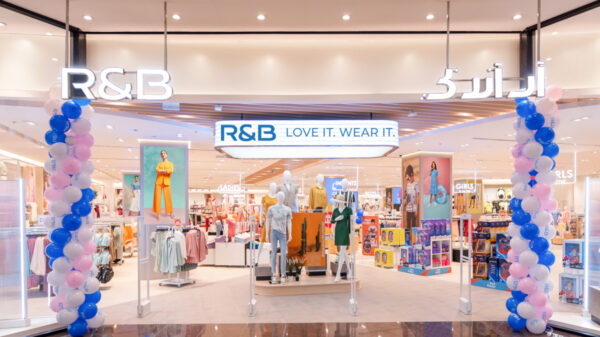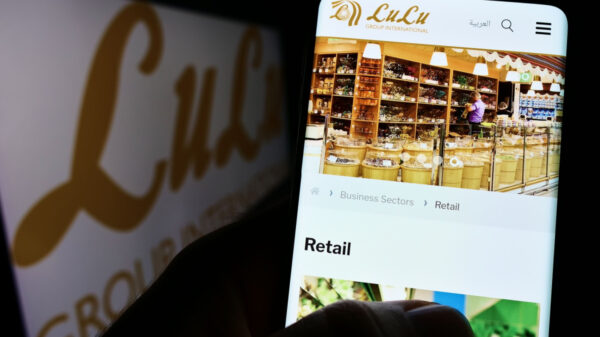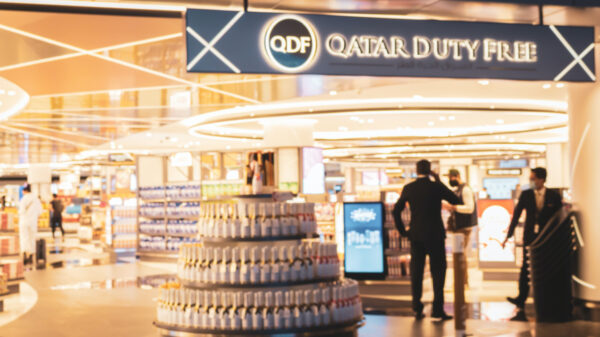The Middle East travel retail is experiencing a robust revival, according to a study by Swiss travel retail research agency m1nd-set.
The shopping behaviour analysis shows that perfumes and confectionery emerged as the two most visited categories in H1 2023 in airports across the region. However, while perfume remains the most sought-after category, the study revealed that the number of shoppers in this category has dropped from 49 to 41 per cent between 2017 and H1 this year.
Confectionery has witnessed a four per cent rise in visitors to the category in 2023 and alongside perfumes, souvenirs and tobacco has made it to the top four categories purchased by shoppers from the Middle East and Africa in H1, 2023.
However, just like the other categories, confectionery saw a decline to the same level as pre-2020 in H1 this year. Food & vitamins and travel accessories were the only categories to experience growth since the pre-lockdown level.
CEO and owner at m1nd-set, Peter Mohn, said: “The research shows some interesting behavioural trends and evolutions, including how footfall and conversion are performing across the region, the evolution of the passenger profiles and how these change the dynamics of the customer segmentation modelling for the Middle East and Africa.
“We see for example a rise in sustainable tourism and increasing sensitivity to sustainability among shoppers in the region.”
Although shoppers are significantly more likely to interact with sales staff than prior to 2020, this trend is on the decline, falling by six per cent since last year.
“It’s vital that retail and promotional staff within the stores continue to engage with customers; engaged and engaging frontline staff are of paramount importance for converting browsers into buyers,” added Mr Mohn.
It is also crucial “to ensure staff are continuously trained on how to interpret different shopper segments and understand their priorities and passions. The impact of staff engagement has consistently increased and is well ahead of where it was pre-pandemic, with 80 per cent of shoppers reporting a positive impact of the staff interaction, compared to 62 per cent before the pandemic.”













